PR 01/24 | MDA & KTP launch National Building Council
This afternoon, the Kamra tal-Periti and the Malta Development Association announced the establishment of the National Building Council at Villa Bighi.
Perit Andre Pizzuto, President of the Kamra tal-Periti, explained that talks between the two organisations have been going on for over a year, as he outlined Kamra tal-Periti’s main motivations behind this initiative.
The reputational damage the industry has suffered in recent years was of major concern to the Kamra. He stated that as the major leaders of the industry, the Kamra and MDA were dutybound to address it.
Pizzuto spoke of the need to raise quality across the board, and for this to happen the industry must agree on universal standards applicable to all ensuring that this objective is achieved. He stated that it was thus not only inevitable, but necessary for the MDA and KTP to come together to form this National Building Council. He underscored that despite campaigning incessantly for over five years for regulatory reform, KTP members have come to the conclusion that the only way to make any meaningful progress is self-regulation.
Perit Pizzuto concluded that this initiative is a test for both the MDA and the KTP to practise what they preach, deliver tangible measures, and be held accountable.
Michael Stivala, President of the Malta Development Association, described this initiative as historic, and proceeded to outline the main priorities for the National Building Council, including quality of building and materials, safety standards for workers and neighbours, upskilling, education and training for all stakeholders, and sustainable buildings.
Stivala spoke of the importance that the MDA and KTP work more closely to develop common agendas that result in better aesthetics and enhanced infrastructural capacity of the country.
The MDA president also spoke of the cost of unnecessary bureaucracy that is estimated to inflate the value of each apartment by over €15,000, posing affordability challenges without providing any significant value.
At the conclusion of their speeches, the two presidents signed the cooperation agreement which officialises the formation of the National Building Council.



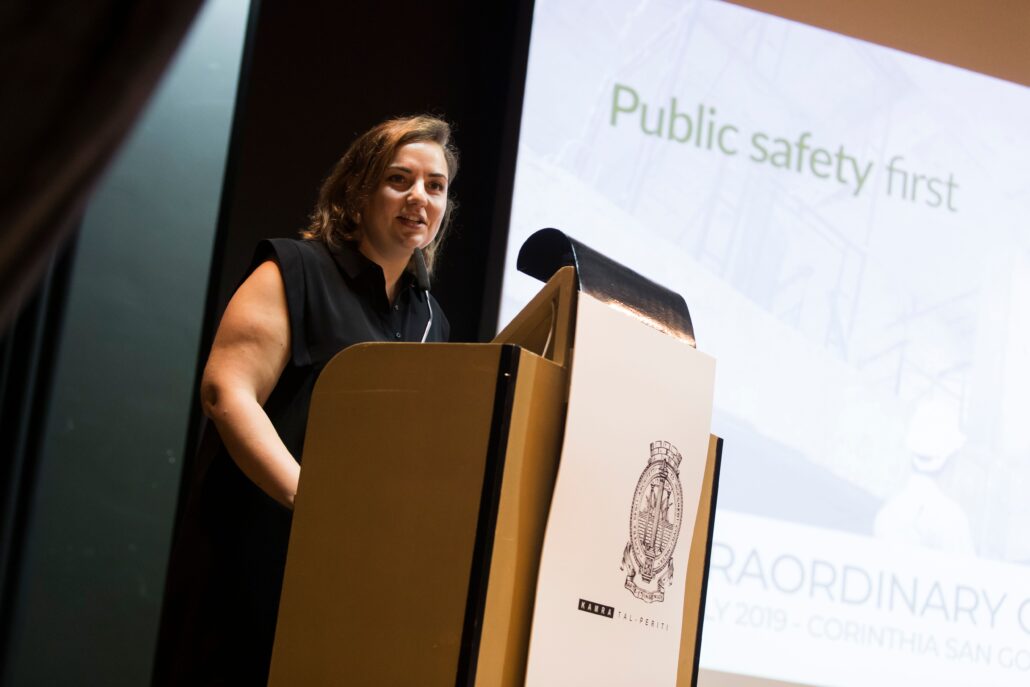



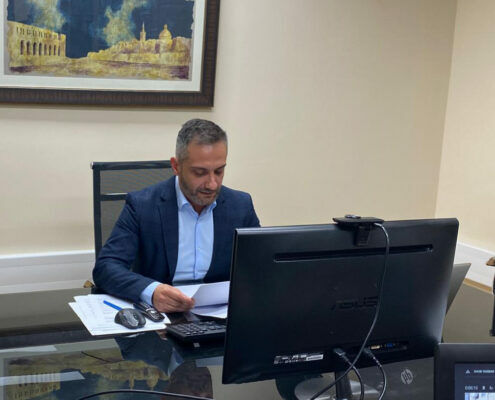
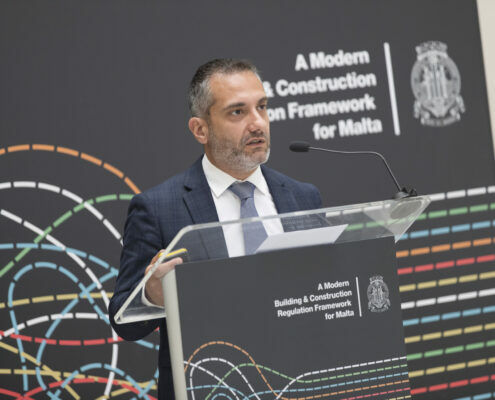
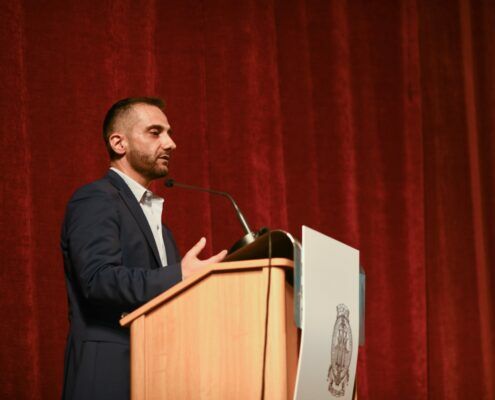
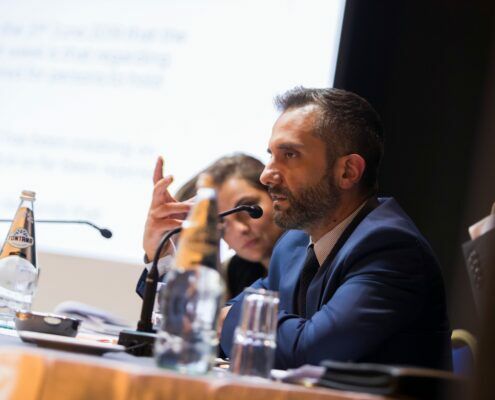
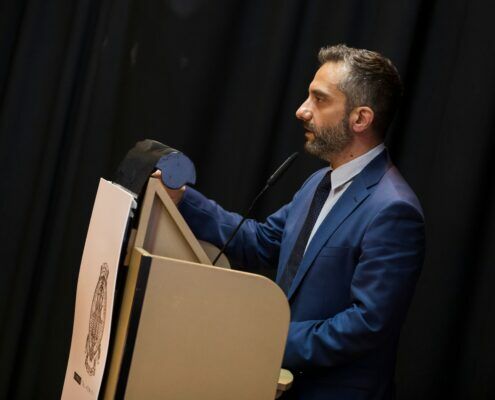
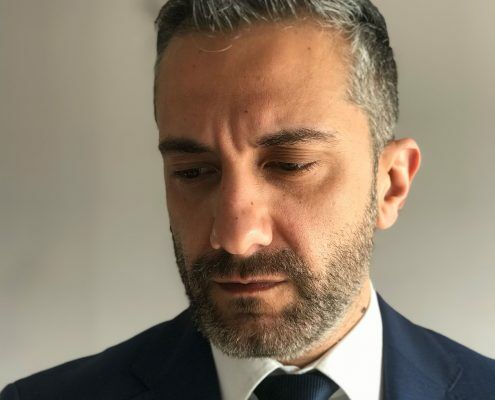
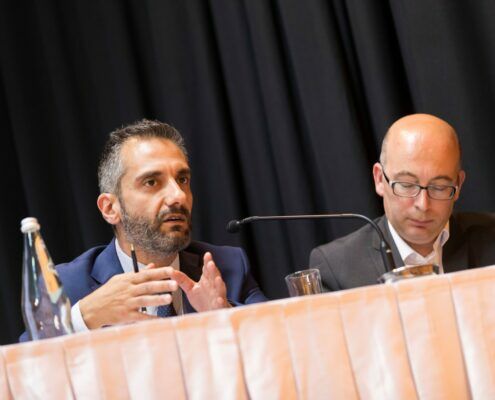
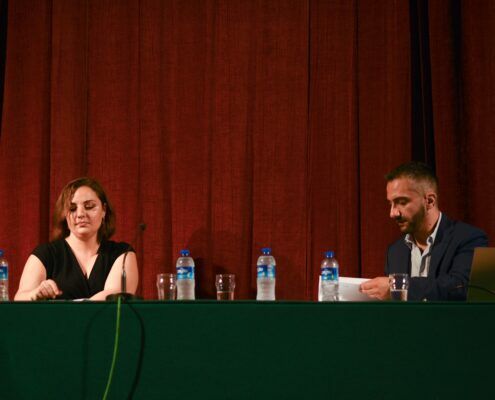
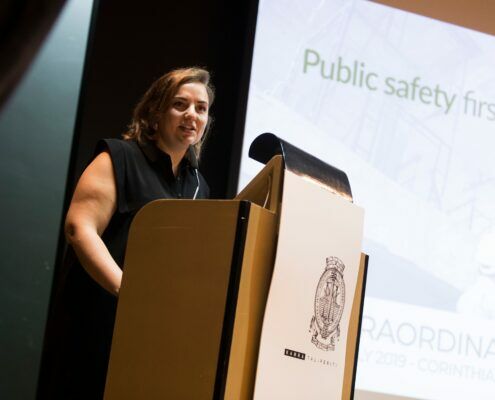
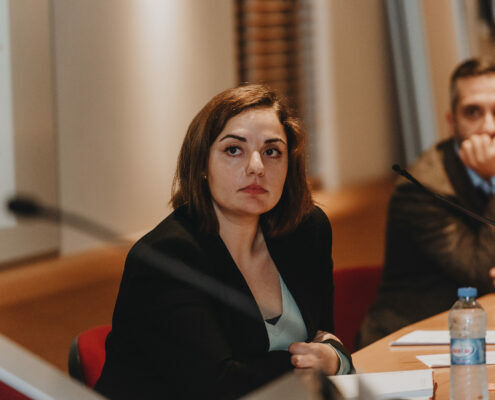
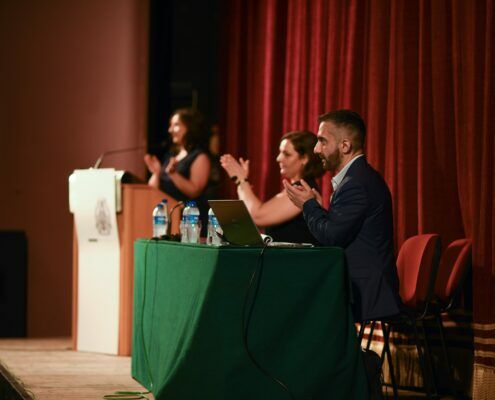

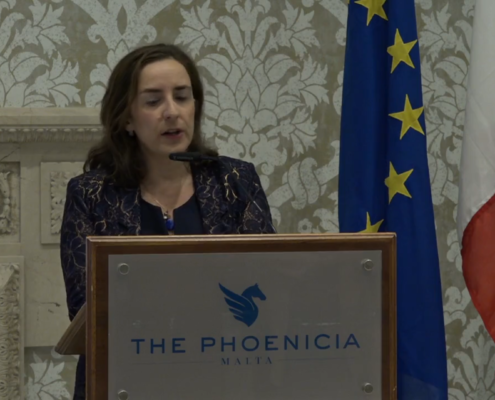

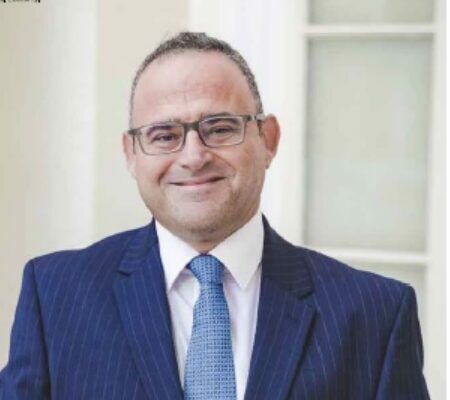
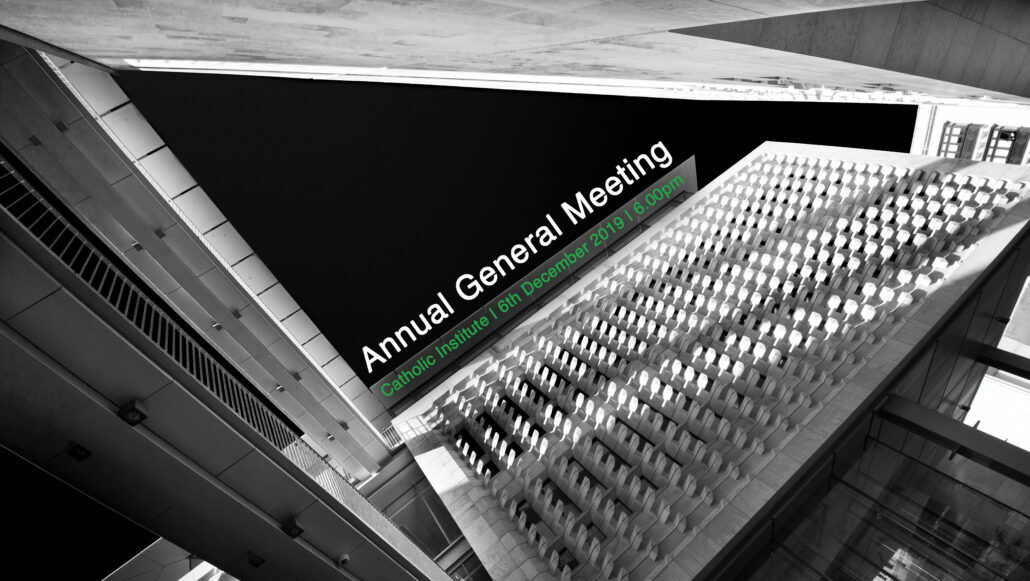
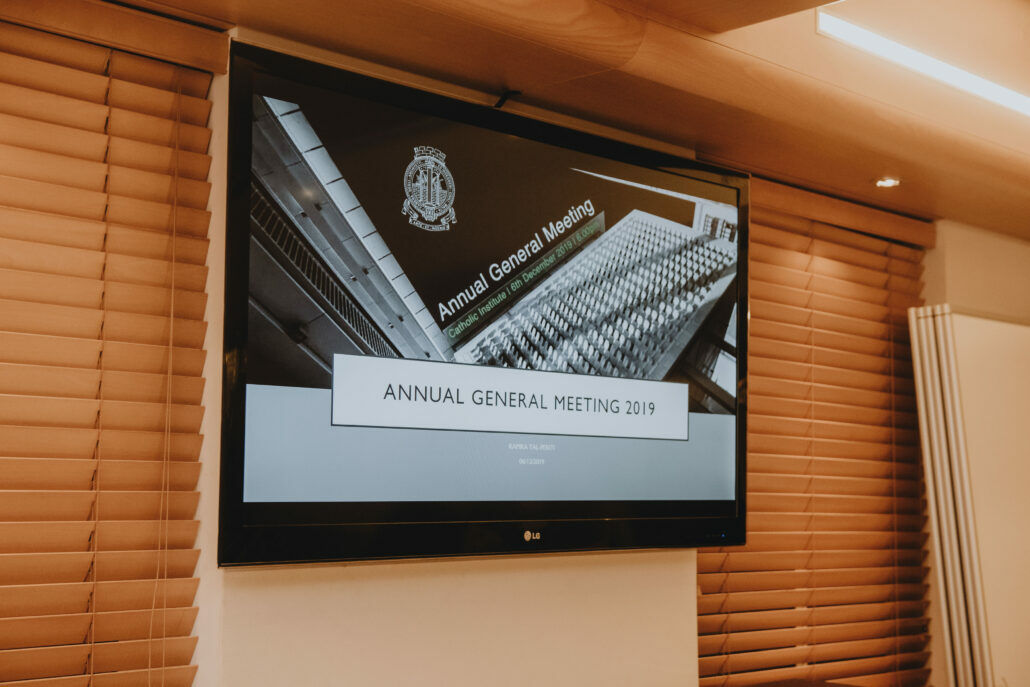
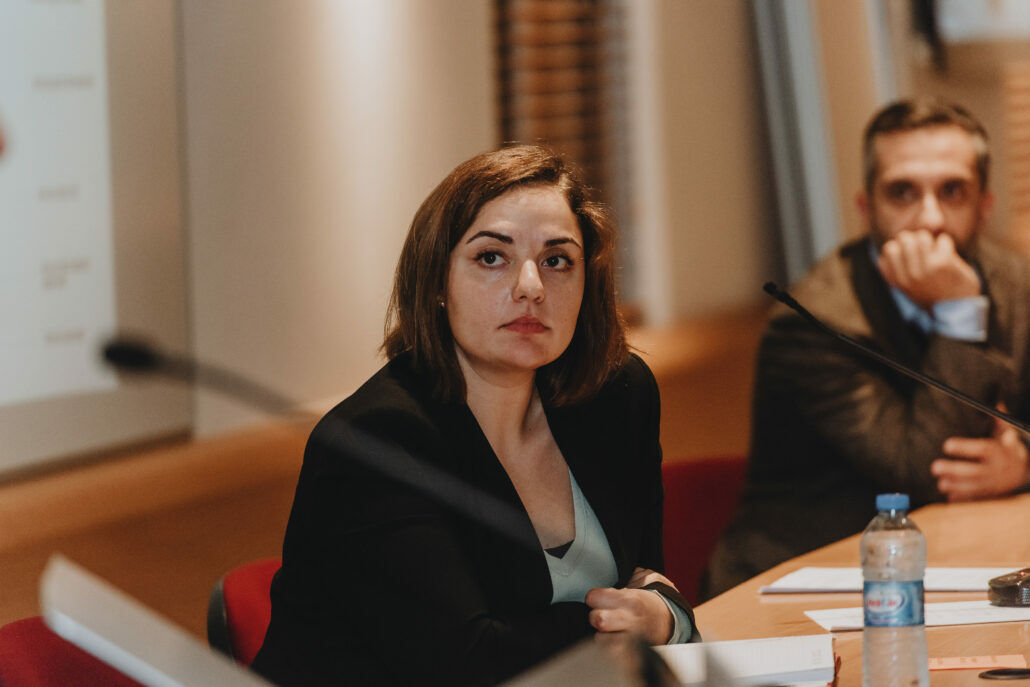

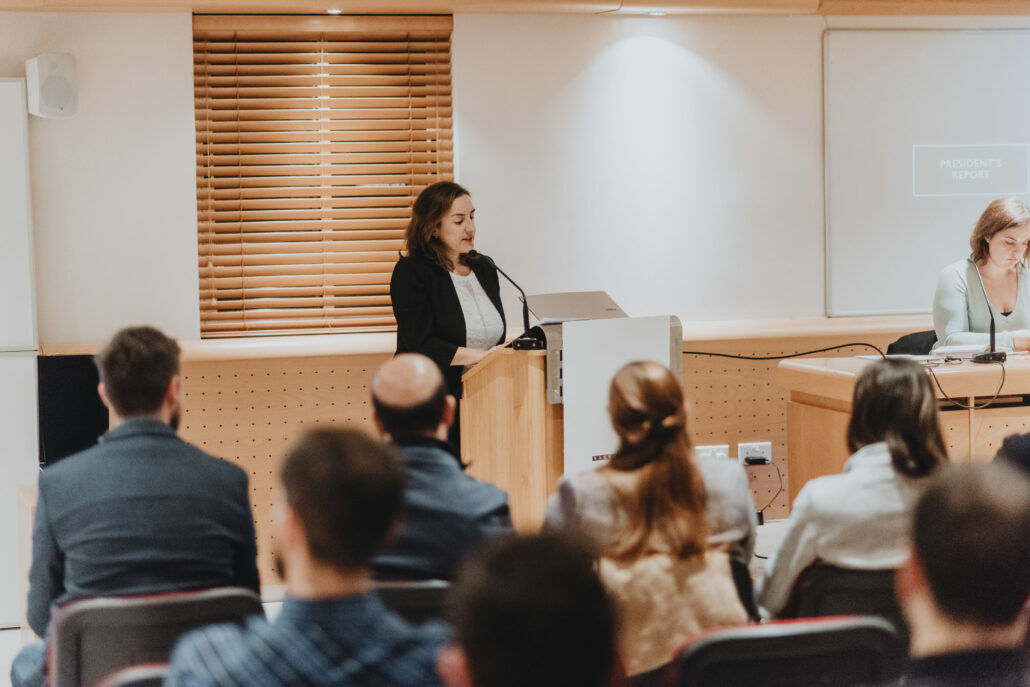
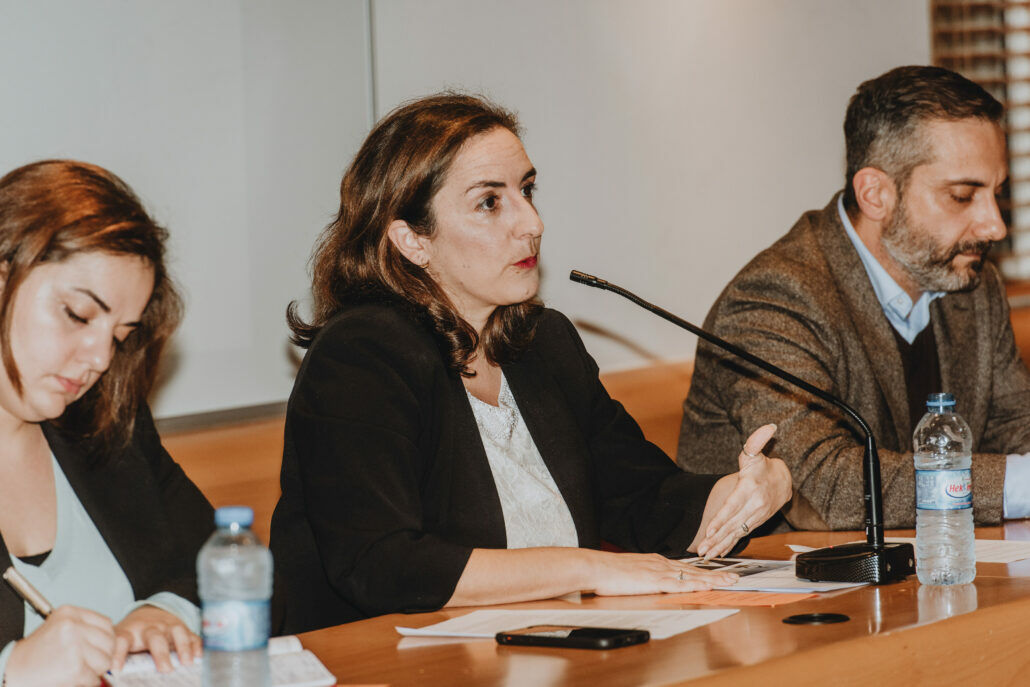
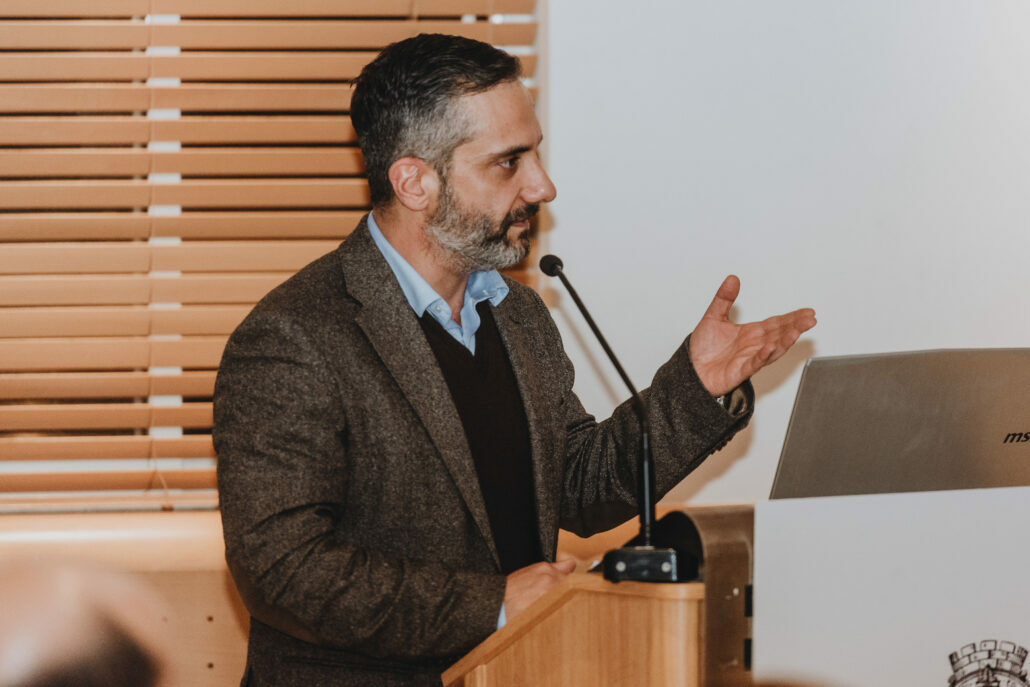

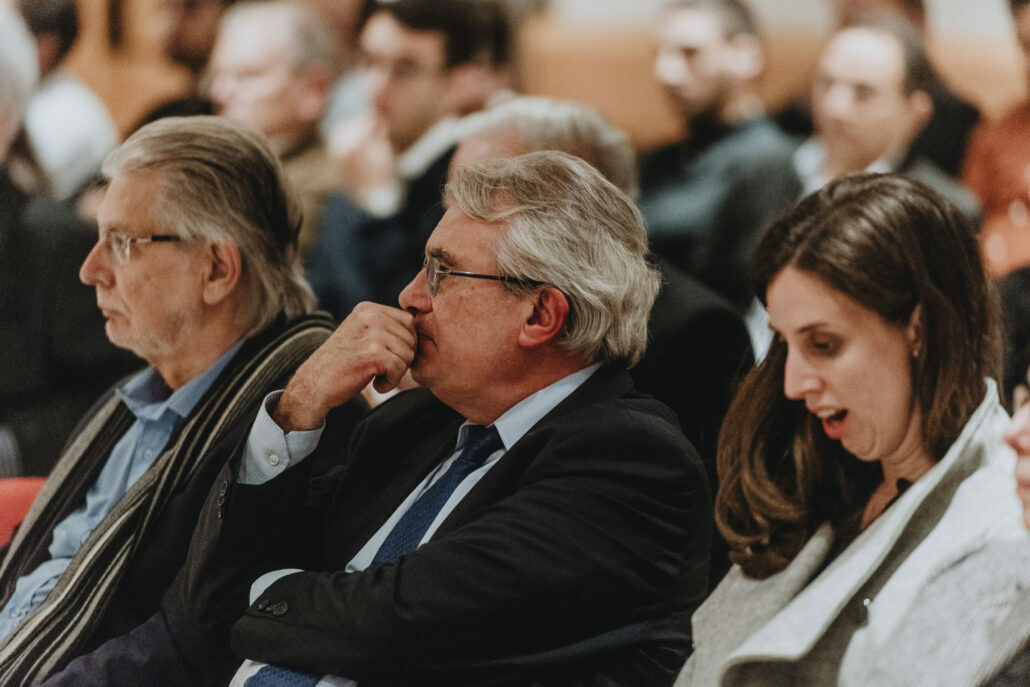


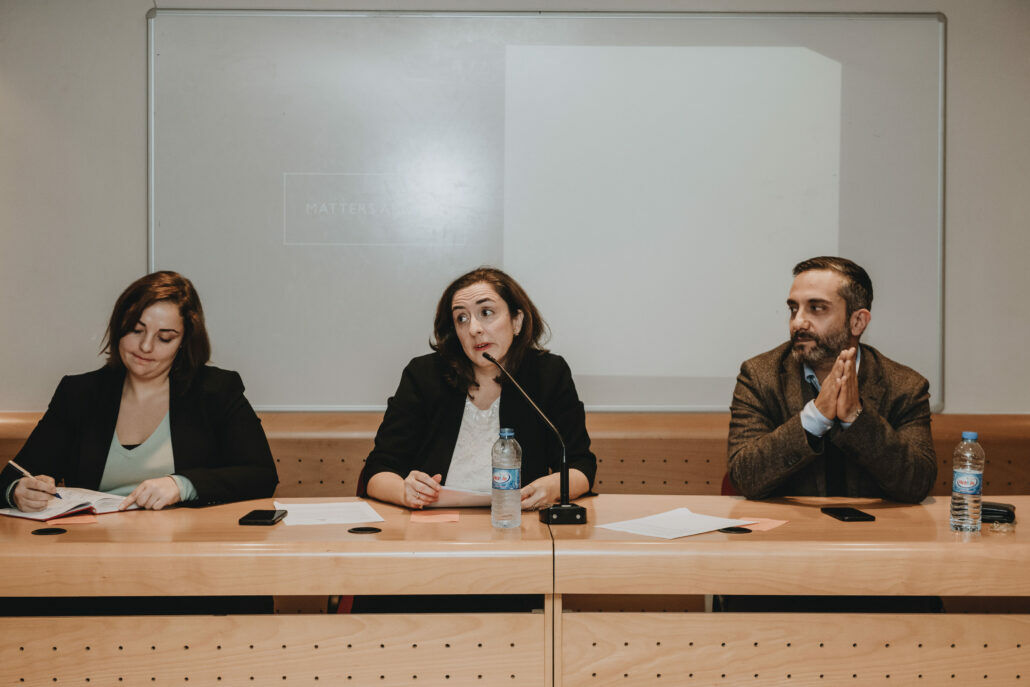


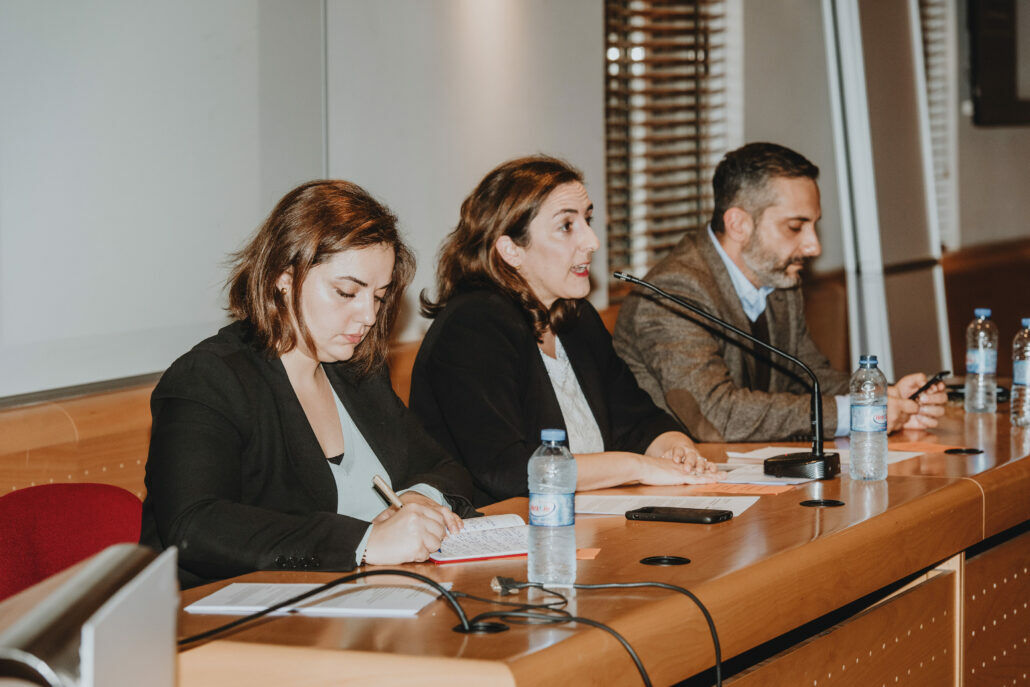


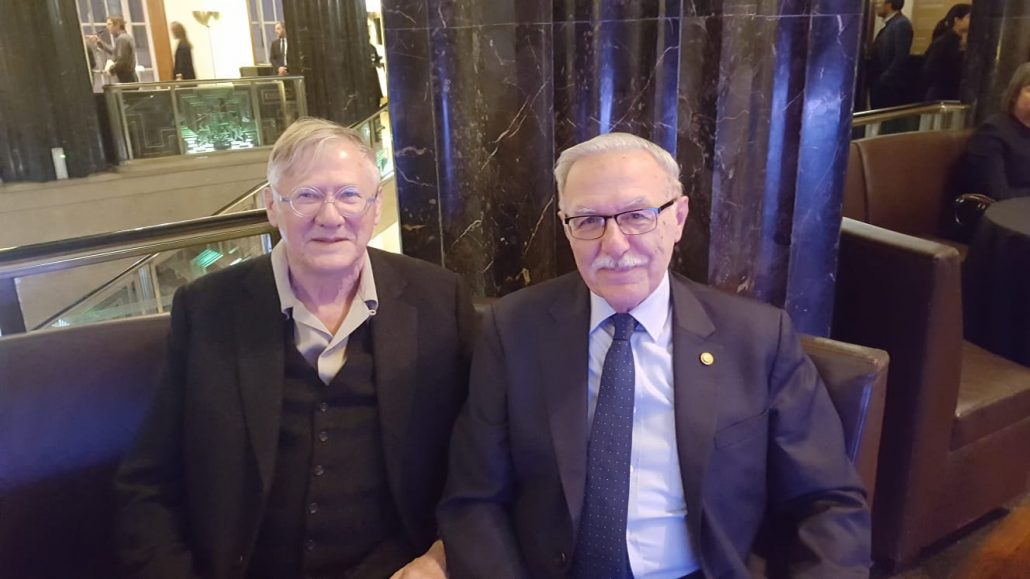
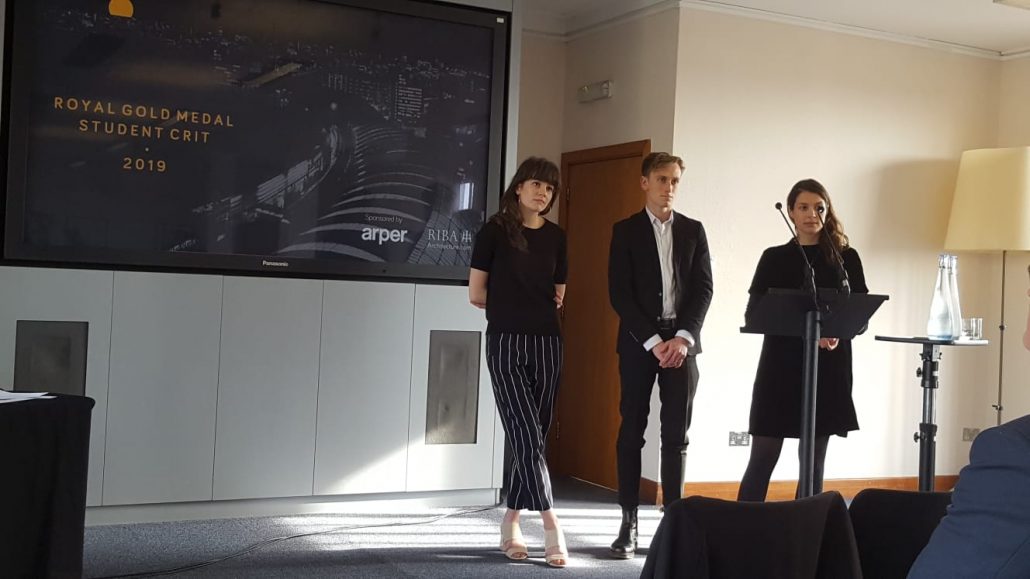
You must be logged in to post a comment.